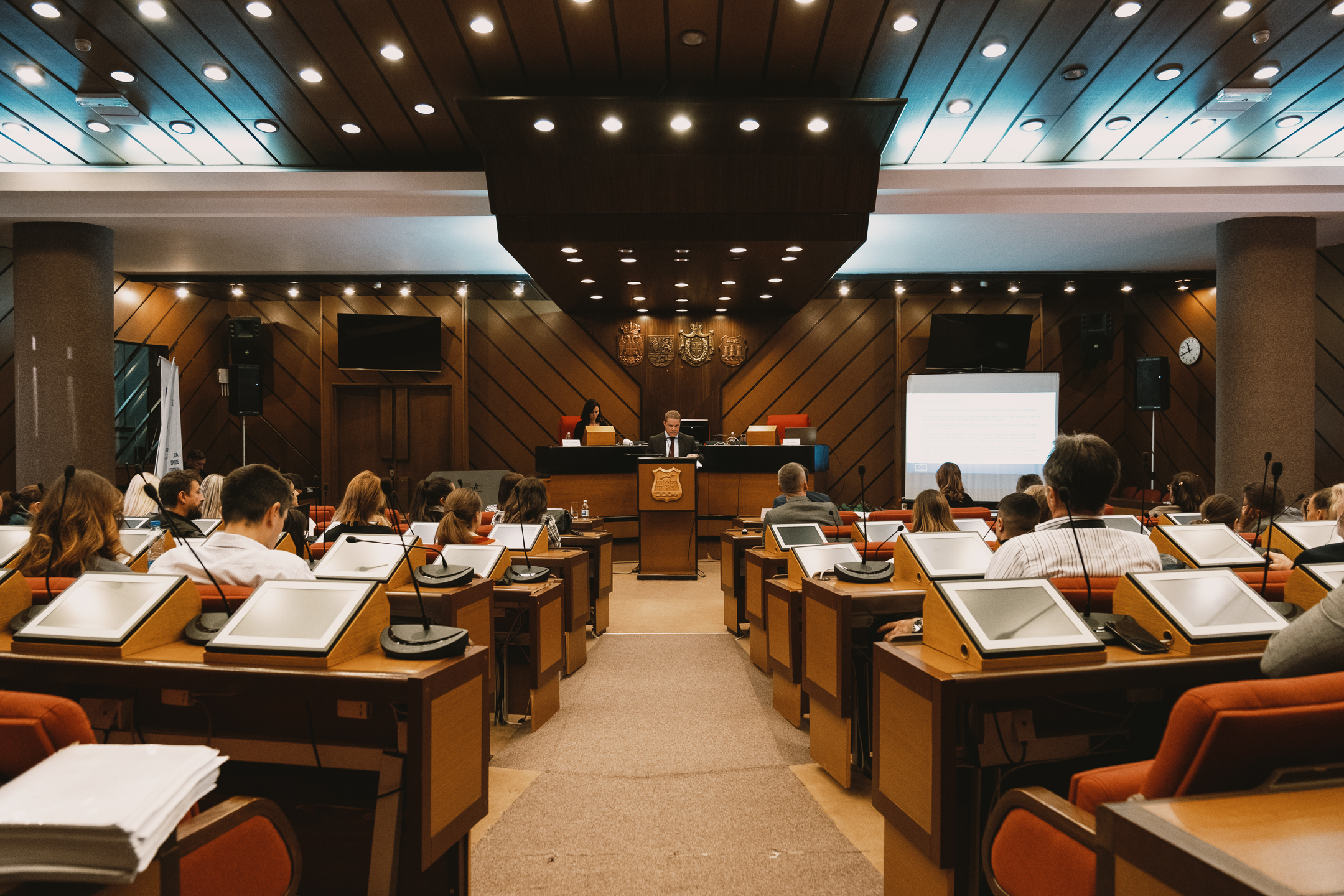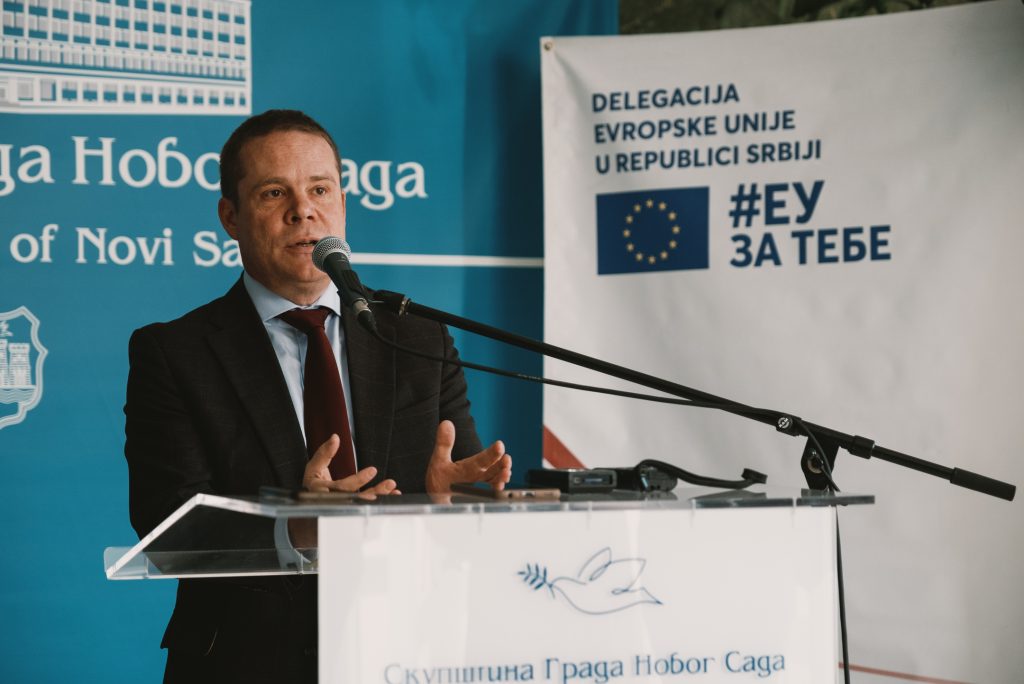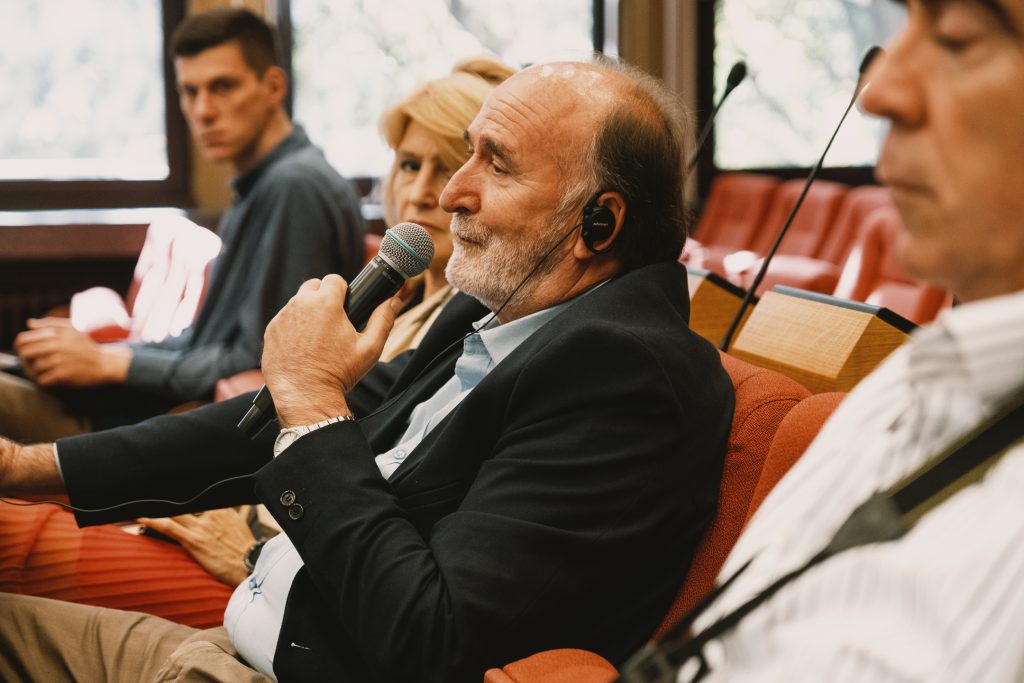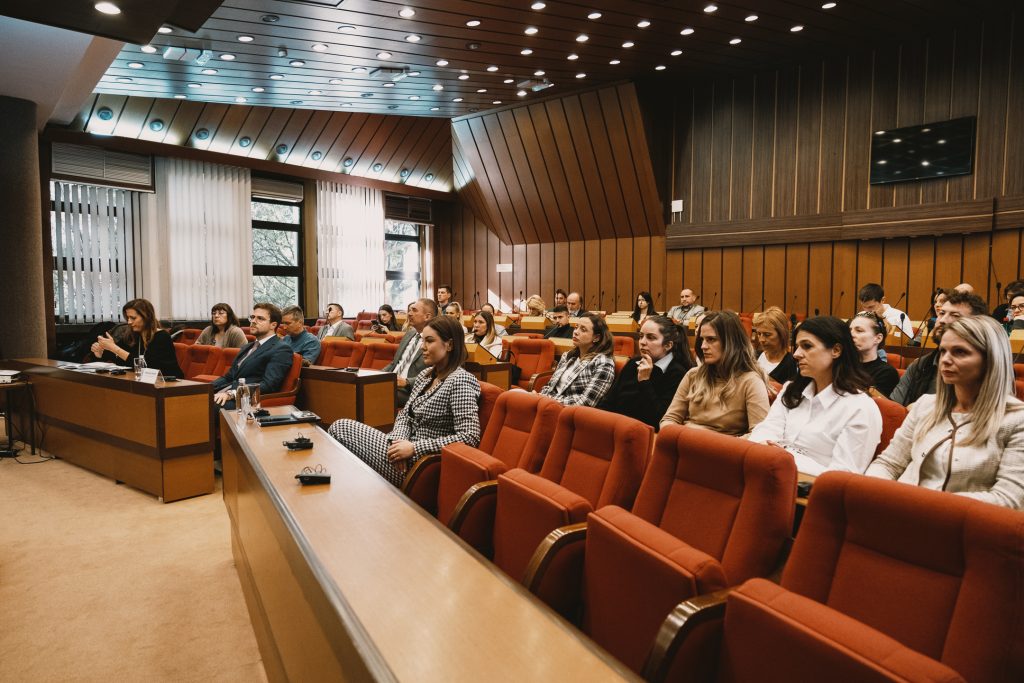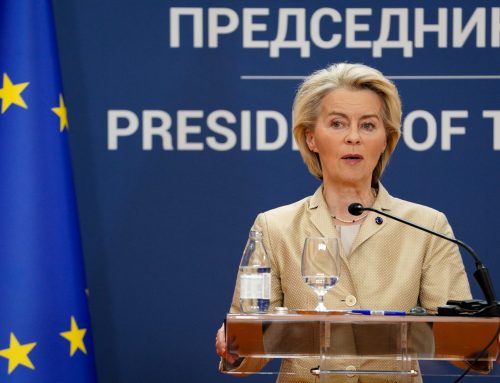“The annual report of the European Commission for Serbia gives a fair, balanced and transparent assessment in a large number of different areas in which it should reach the standards and norms that apply in the EU, so that tomorrow, when it becomes a member, it can function equally in the single market where people, goods and capital will move freely,” said Mr Dirk Lorenz, Head of the Political Section of the Delegation of the European Union to Serbia on the occasion of presenting the European Commission’s report on Serbia for 2022 in Novi Sad.
Economic reforms in the past period, according to Lorenz, gave good results, and the EU was Serbia’s main partner on that path. Last year alone, more than 60% of Serbia’s total trade was made with the European Union.
Serbia’s path to the EU is a common goal that the European Union supports financially through grants. They amount to over 200 million euros per year. That money goes into capital projects, such as the construction of a gas interconnector between Serbia and Bulgaria, which will bring Serbia multiple sources of gas supply, but also through the projects that provide support to individuals, such as farmers.
Another large and very important area concerns the rule of law, because it affects all aspects of people’s lives, and important changes have been made in that area that will lead to greater independence of the judiciary, Lorenz pointed out.
“In addition to constitutional reforms and the introduction of laws to implement those reforms, it is necessary to work on adopting a strategy to fight corruption,” Lorenz said, adding that it is especially important to work on media freedom, because there has been no progress in that sector.
Considering that the largest number of national minorities live in Vojvodina, it is necessary to implement a new action plan concerning national minorities so that everyone can enjoy the same rights.
During the presentation of the report, Kristina Karaić, Deputy President of the Novi Sad City Assembly, and Aleksandar Simurdić, Director of the European Affairs Fund of AP Vojvodina, addressed the audience.
The presentation was organised by the EU Info Point from Novi Sad and the European Affairs Fund of AP Vojvodina, and the representatives of business, the academic community, institutions, civil society organisations in Novi Sad and the Autonomous Province of Vojvodina attended and actively participated in the discussion about this year’s report.

